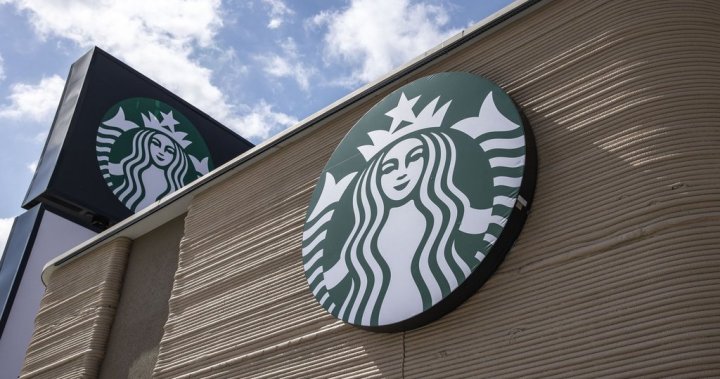In a decisive shift that signals the changing post-pandemic workplace landscape, Starbucks has implemented a new return-to-office policy requiring corporate employees to work from its offices in Toronto and Seattle at least three days per week beginning January 1, 2024. The coffee giant’s move aligns with a growing trend among major corporations reassessing remote work policies established during the COVID-19 era.
“Creating connection is core to who we are, and we believe that connection happens when we are together,” wrote Starbucks CEO Laxman Narasimhan in an internal memo obtained by CO24. “The energy and spontaneous moments of collaboration that happen when we are in person cannot be replaced.”
The directive applies to employees working within commuting distance of Starbucks corporate hubs in Toronto and Seattle, marking a significant departure from the company’s previous flexible work model. For Canadian corporate staff based in Toronto, this represents a substantial change to their daily routines after nearly four years of remote or hybrid arrangements.
Industry analysts suggest the timing is strategic. “Companies like Starbucks are using the new year as a natural reset point,” explains workplace analyst Maria Jenkins. “They’re betting that in-person collaboration will drive innovation at a time when many food service businesses are facing intense competitive pressure.”
The policy places Starbucks among a growing cohort of corporations including Amazon, Disney, and IBM that have tightened remote work policies over the past year. According to data from workplace consulting firm Mercer, approximately 28% of companies surveyed have increased their in-office requirements since 2022.
For Toronto-based employees, the mandate comes amid challenging winter commuting conditions and rising living costs that had made remote work particularly attractive. A recent survey by the Toronto Region Board of Trade found that 64% of downtown workers prefer hybrid arrangements, citing commute times averaging 46 minutes each way.
Starbucks has framed the change as essential to reinforcing company culture and driving business results. The coffee chain has experienced mixed financial performance recently, reporting a 5% decline in comparable store sales in its Q4 2023 earnings while continuing global expansion efforts.
Some employees have expressed concerns about the rapid transition. “Many of us reorganized our lives around remote work,” said one Toronto-based Starbucks corporate employee who requested anonymity. “There’s worry about childcare arrangements, commuting costs, and the impact on work-life balance we’ve grown accustomed to.”
The company has stated it will work with employees facing unique circumstances but maintains that in-person collaboration is non-negotiable for its future success. Starbucks has also invested in office redesigns to create more collaborative spaces that it hopes will justify the daily commute.
As corporate workers prepare to return to Starbucks offices in the new year, the coffee giant’s policy reflects a larger debate playing out across North America: can the collaborative benefits of in-person work outweigh the flexibility employees have come to value? For Starbucks, the answer seems clear – the future of work includes significantly more time in the office.
The company’s move may become a bellwether for other retail and food service corporations still navigating post-pandemic work arrangements in 2024.

























